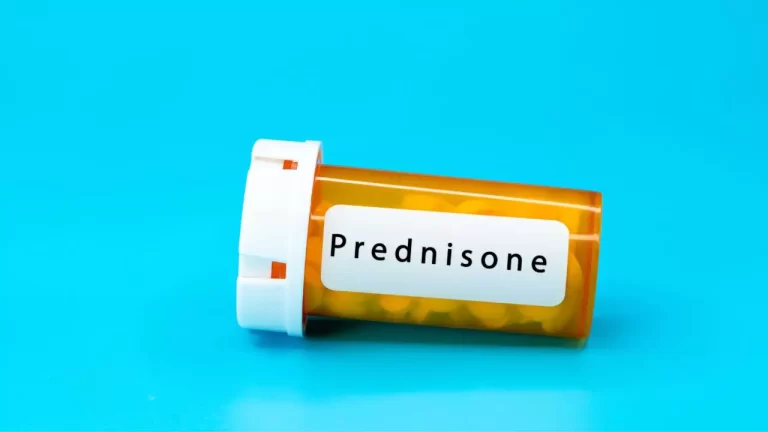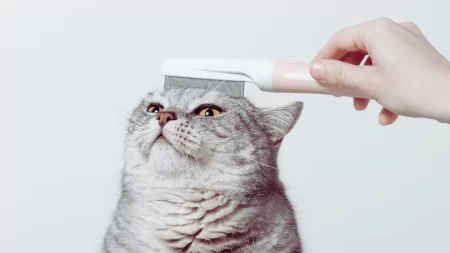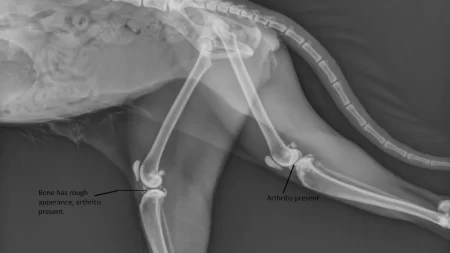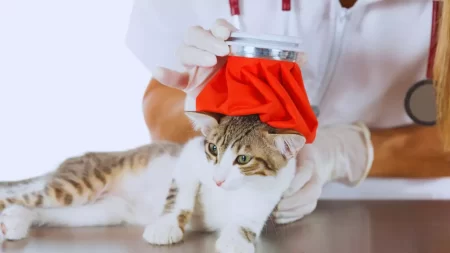The length of time a cat can stay on prednisone depends on several factors, including:
- The underlying condition being treated: Different conditions require different durations of prednisone therapy. For example, a short course of prednisone might be used for a flare-up of allergies, while a longer course might be needed for an autoimmune disease.
- The dosage of prednisone: Higher doses of prednisone increase the risk of side effects, so the veterinarian will try to use the lowest effective dose for your cat.
- Your cat’s individual health: Cats with pre-existing conditions, such as diabetes or kidney disease, are at higher risk of side effects from prednisone and may need to be monitored more closely.
Generally, here’s a guideline:
- Short-term (less than 2 weeks): This is the most common duration for conditions like allergies or skin infections.
- Intermediate-term (2 weeks to 3 months): This may be used for conditions like inflammatory bowel disease or autoimmune diseases.
- Long-term (over 3 months): This is usually only used in exceptional cases, as long-term prednisone use can have serious side effects.
Understanding Prednisolone for Cats
What are Steroids?
Steroids are a group of natural or synthetic hormones that have different functions in the body. Some steroids, such as cortisol, are produced by the adrenal glands and regulate inflammation, metabolism, and stress response. Other steroids, such as testosterone and estrogen, are produced by the gonads and control sexual development and reproduction.
Types of Systemic Steroid Medications
Systemic steroid medications are drugs that mimic the effects of natural steroids and can be taken orally or injected. They are classified into two main types: glucocorticoids and mineralocorticoids. Glucocorticoids, such as prednisone, prednisolone, dexamethasone, and triamcinolone, are used to reduce inflammation, suppress the immune system, and treat some types of cancer. Mineralocorticoids, such as fludrocortisone, are used to treat conditions that affect the balance of sodium and water in the body, such as Addison’s disease.
Difference Between Prednisone and Prednisolone
Prednisone and prednisolone are both glucocorticoids, but they have a slight difference in their chemical structure. Prednisone is a prodrug, which means that it needs to be converted by the liver into its active form, prednisolone. However, some cats have a reduced ability to metabolize prednisone, which can result in lower blood levels of prednisolone and reduced efficacy. Therefore, prednisolone is preferred over prednisone for cats, as it does not require liver conversion and has a more consistent effect.
Side Effects of Prednisolone in Cats
Prednisolone can have both short-term and long-term side effects in cats, depending on the dose and duration of the treatment. Some of the most common side effects are:
Increased Thirst and Appetite
Prednisolone can cause cats to drink more water and urinate more frequently, which can lead to dehydration and electrolyte imbalance. It can also stimulate the appetite and cause weight gain and obesity, which can increase the risk of diabetes and other health problems.
Digestive Upset
Prednisolone can irritate the stomach and intestines, causing vomiting, diarrhea, ulcers, and bleeding. It can also alter the normal flora of the gut, making cats more susceptible to infections and inflammatory bowel disease.
Long-term Effects
Prednisolone can have serious consequences if used for a long time or at high doses. Some of the long-term effects are:
- Suppression of the adrenal glands: Prednisolone can interfere with the production of natural steroids by the adrenal glands, leading to a condition called iatrogenic Cushing’s syndrome. This can cause symptoms such as muscle weakness, hair loss, skin infections, and poor wound healing. If prednisolone is stopped abruptly, it can also cause a life-threatening condition called Addisonian crisis, which is characterized by low blood pressure, shock, and collapse.
- Suppression of the immune system: Prednisolone can reduce the ability of the immune system to fight infections and tumors, making cats more prone to bacterial, viral, fungal, and parasitic diseases. It can also worsen existing infections and reactivate latent infections, such as feline leukemia virus and feline immunodeficiency virus.
- Diabetes mellitus: Prednisolone can increase blood glucose levels and decrease insulin sensitivity in cats, leading to diabetes mellitus. This can cause symptoms such as increased thirst and urination, weight loss, and ketoacidosis. Cats with diabetes may require insulin injections and dietary management to control their blood sugar levels.
- Osteoporosis: Prednisolone can affect bone metabolism and cause osteoporosis, which is a loss of bone density and strength. This can increase the risk of fractures and bone pain in cats, especially in older cats and cats with chronic kidney disease.
Managing Prednisolone Therapy
Dosage Guidelines
The dosage of prednisolone for cats depends on the condition being treated, the severity of the symptoms, the response to the therapy, and the individual variation of the cat. The dosage should be determined by a veterinarian and adjusted according to the clinical signs and laboratory tests. In general, the lowest effective dose and the shortest possible duration of treatment should be used to minimize the side effects. The dosage may vary from 0.5 to 4 mg per kg of body weight per day, divided into two or three doses. Some conditions may require higher doses or longer courses of treatment, such as immune-mediated diseases or cancer.
Potential Side Effects
The potential side effects of prednisolone should be monitored closely by the owner and the veterinarian. The owner should report any changes in the cat’s behavior, appetite, thirst, urination, weight, and general health to the veterinarian. The veterinarian should perform regular physical examinations and blood tests to check the cat’s liver and kidney function, blood glucose levels, electrolyte balance, and adrenal gland activity. The veterinarian should also evaluate the effectiveness of the treatment and the need for dose adjustment or discontinuation.
Monitoring and Storage
Prednisolone should be stored in a cool, dry, and dark place, away from children and other pets. It should be kept in its original container and labeled with the name of the cat, the name of the drug, the dosage, and the expiration date. Prednisolone should not be used after the expiration date or if the appearance or smell of the drug has changed. Prednisolone should not be shared with other cats or animals, as it may not be suitable or safe for them. Prednisolone should not be stopped abruptly, as it may cause withdrawal symptoms or adrenal insufficiency. The dose should be gradually reduced according to the veterinarian’s instructions.







